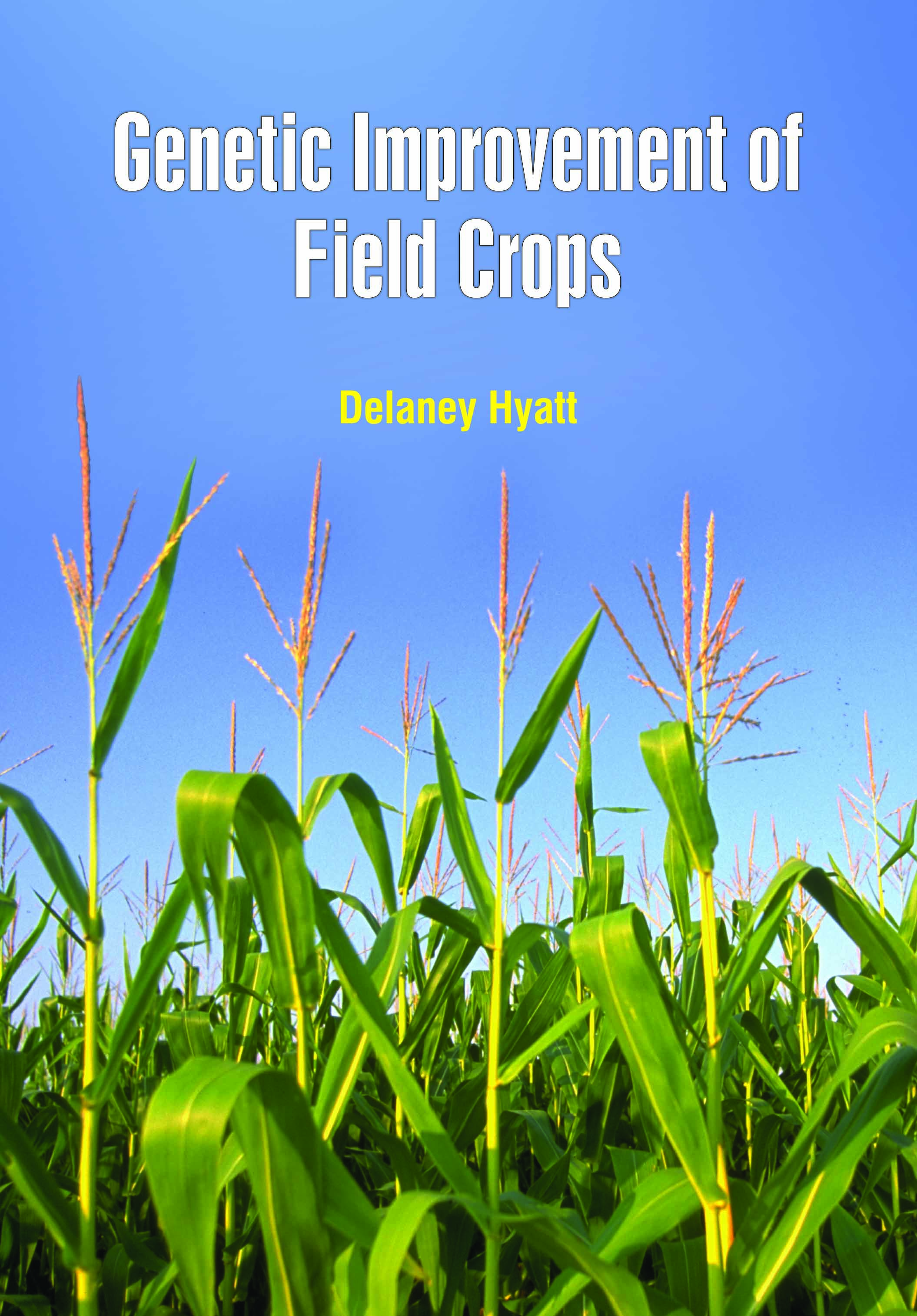
Genetic Improvement of Field Crops
by Delaney Hyatt
| ISBN | 9781799600312 |
|---|---|
| Publisher | White Press Academics |
| Copyright Year | 2020 |
| Price | $195.00 |

by Delaney Hyatt
| ISBN | 9781799600312 |
|---|---|
| Publisher | White Press Academics |
| Copyright Year | 2020 |
| Price | $195.00 |
Opportunities exist for increasing food production in a sustainable manner through the genetic improvement of field crops. One of the potential tools for improvement of the crop performance is the genetic alteration and selection. The plants making up the miscellany known as ‘field crops’ are distributed throughout the families of the flowering plants almost haphazard. The qualities which make them valuable in industry or as food for man or stock, such characters as the production of fleshy roots or shoots, starchy or oily seeds, long fibres, etc., are usually of little or no importance to the botanist tracing phylogenetic relationships (although when correlated with wider ecological and soil studies they may be of fundamental interest) and, in consequence, the study of field crop plants has been seriously neglected by academic botanists. This process of domestication involved the identification of certain useful wild species combined with a process of selection that brought about changes in appearance, quality, and productivity. The exact details of the process that altered the major crops is not fully understood, but it is clear that the genetic changes were enormous in many cases. In fact some crop plants have been so changed that for many of them, maize, for example, their origins are obscure, with no extant close wild relatives. This book will be of immense use for all the students offering the course.